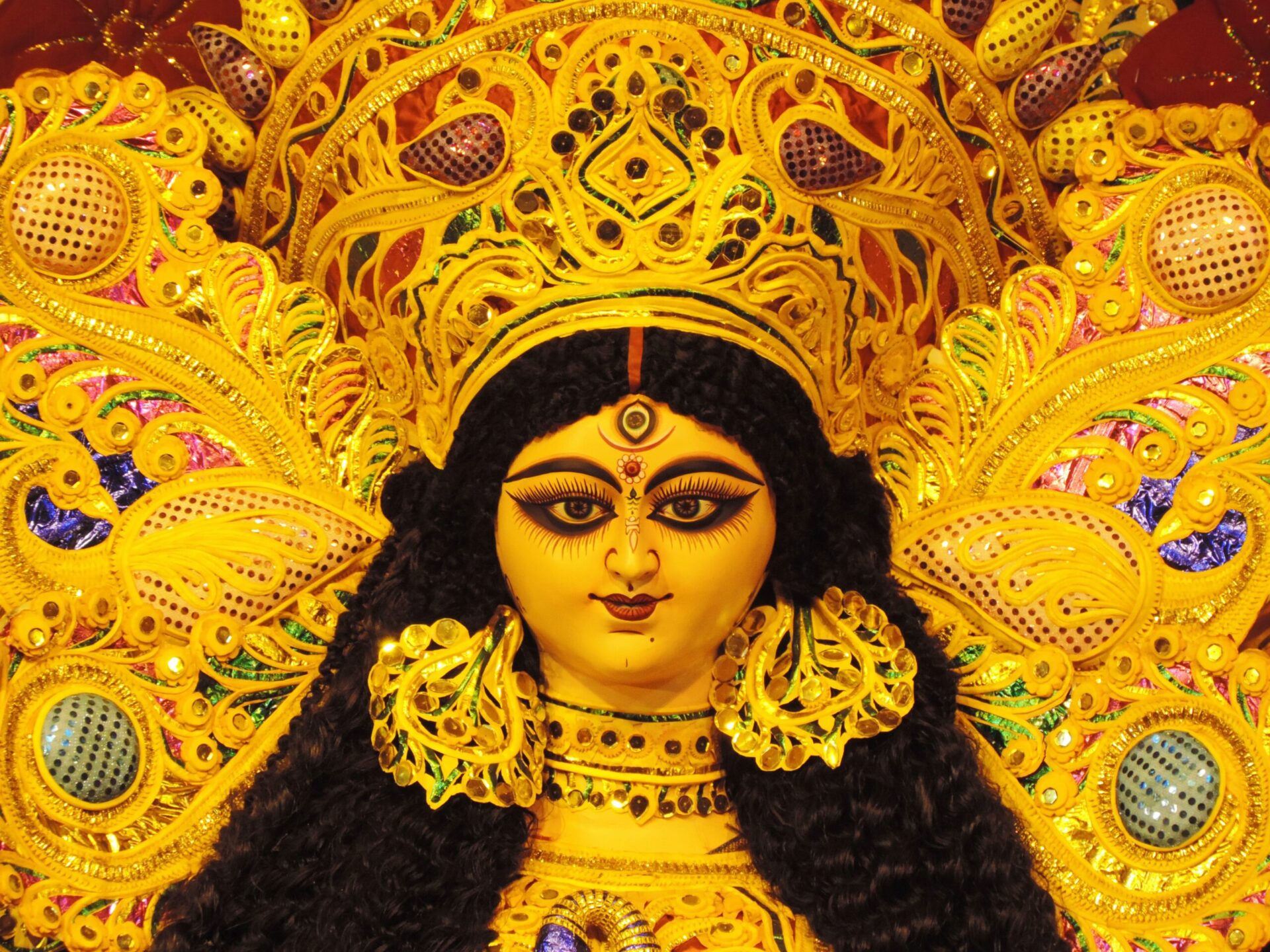Have you ever wondered about the Hindu god of creation and new beginnings? Hindu mythology is rich with deities that embody different aspects of life and existence. Among these gods and goddesses, one stands out as the powerful force behind the creation of the universe and the initiation of new journeys. This deity is none other than Brahma, the Hindu god of creation and new beginnings. Brahma is often depicted with four faces, representing his vast knowledge and wisdom. Learn more about this fascinating deity and the significant role he plays in Hinduism’s belief system.
Table of Contents
Who Is The Hindu God Of Creation And New Beginnings?
Introduction
In Hindu mythology, there are several gods that represent different aspects of life and the universe. One of the most significant gods in Hinduism is Brahma, the god of creation and new beginnings. Brahma holds a vital role in the cosmic cycle as the creator of the universe and all living beings.
Brahma – The Creator
Brahma is revered as the creator of the universe. According to Hindu beliefs, at the beginning of each cosmic cycle, Brahma emerges from a lotus flower which grows from the navel of Lord Vishnu, the preserver god. This signifies the start of a new creation and the birth of Brahma. As the creator, Brahma is responsible for bringing the universe to life and setting the foundation for all existence.

Brahma in Hindu Mythology
In Hindu mythology, Brahma is often depicted with multiple heads, typically four, which represent his extensive knowledge and wisdom. He is portrayed with a long white beard, symbolizing his age and wisdom. Brahma is usually depicted as sitting on a lotus flower, which symbolizes purity and spiritual enlightenment. This portrayal showcases Brahma’s balance and harmony in creating the world.
Iconography
Brahma is usually depicted with four arms, each holding a specific symbol or weapon. The four hands represent the four Vedas, the sacred Hindu scriptures, which Brahma revealed to humanity. In one hand, Brahma carries a rosary, symbolizing his dedication to spiritual wisdom. In another hand, he holds the vedic scriptures, representing his role as the revealer of divine knowledge. The remaining hands hold a lotus flower, symbolizing purity and creation, and a sacrificial spoon, emphasizing the importance of rituals in the cosmic order.
Brahma’s Consorts
Brahma is traditionally depicted with his consort, Saraswati, the goddess of knowledge, music, and arts. Saraswati embodies the feminine energy required for the creative process and complements Brahma’s role as the creator. As the goddess of knowledge, Saraswati represents the intellectual aspect of creation, while Brahma brings the divine energy to manifest creation physically.
Additionally, Brahma is also associated with the goddess Gayatri, who represents the power of mantras and sacred chants. Gayatri’s presence further reinforces the significance of divine sounds in the process of creation.
Brahma’s Offspring
Brahma has several children, including prominent deities such as Daksha, the father of creation, and Narada, the divine sage and musician. Through his offspring, Brahma extends his divine wisdom and creativity into various aspects of the universe. Each of his children plays a unique role in the cosmic order, contributing to the ongoing creation and sustenance of life.
Brahma in Hindu Scriptures
Brahma is mentioned in several Hindu scriptures, including the Rigveda, the oldest of the four Vedas. The Rigveda praises Brahma’s role as the creator and highlights the importance of his divine knowledge. Additionally, Brahma’s significance extends to other sacred texts such as the Puranas and the Upanishads, where his role in creation and his association with other deities are elaborated upon.
Brahma’s Role in Creation
As the god of creation, Brahma is responsible for setting the wheels of the universe in motion. He fashions the elements, designs the laws of nature, and creates the diverse forms of life. Brahma’s divine wisdom and power enable him to shape the cosmos with precision, balancing the intricate interplay of life and ensuring the harmony of existence.
Rituals and Worship
Worship of Brahma is not as common as the reverence given to other Hindu deities like Vishnu or Shiva. However, there are still devotees who seek blessings from Brahma and honor him for his role in creation. Temples dedicated to Brahma can be found in places like Pushkar in Rajasthan, India, where the annual Pushkar Camel Fair attracts devotees and visitors from all over the world seeking spiritual insights and blessings.
Devotees typically offer flowers, incense, and prayers to Brahma, seeking his guidance and blessings for new beginnings, creativity, and knowledge. Chanting mantras and reciting verses from the sacred texts associated with Brahma can also be part of worship ceremonies.
Brahma in Contemporary Hinduism
While Brahma’s worship may not be as widespread as other Hindu gods, his significance remains prominent in the hearts and minds of many believers. Brahma’s representation as the god of creation and new beginnings holds relevance in various aspects of contemporary Hinduism.
Brahma serves as an inspiration to seekers of knowledge, creativity, and spiritual growth. Through his character, devotees are reminded of the importance of balance, wisdom, and ritualistic practices. The lessons learned from Brahma’s tales and his association with other deities encourage individuals to embrace new beginnings and harness their creative potential in all aspects of life.
In conclusion, Brahma, the Hindu god of creation and new beginnings, plays a crucial role in the cosmic cycle. With his divine wisdom and creative powers, Brahma brings the universe into existence and establishes the foundation for life. While his worship may be less common compared to other deities, Brahma’s influence transcends time, guiding individuals towards knowledge, creativity, and the pursuit of spiritual growth. So, embrace the spirit of creation and new beginnings that Brahma represents and uncover the boundless potential within you.

